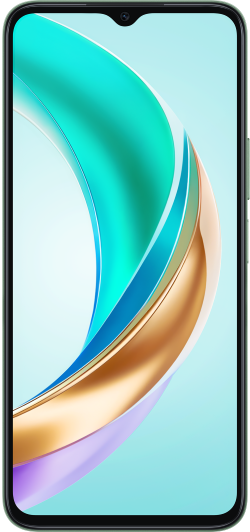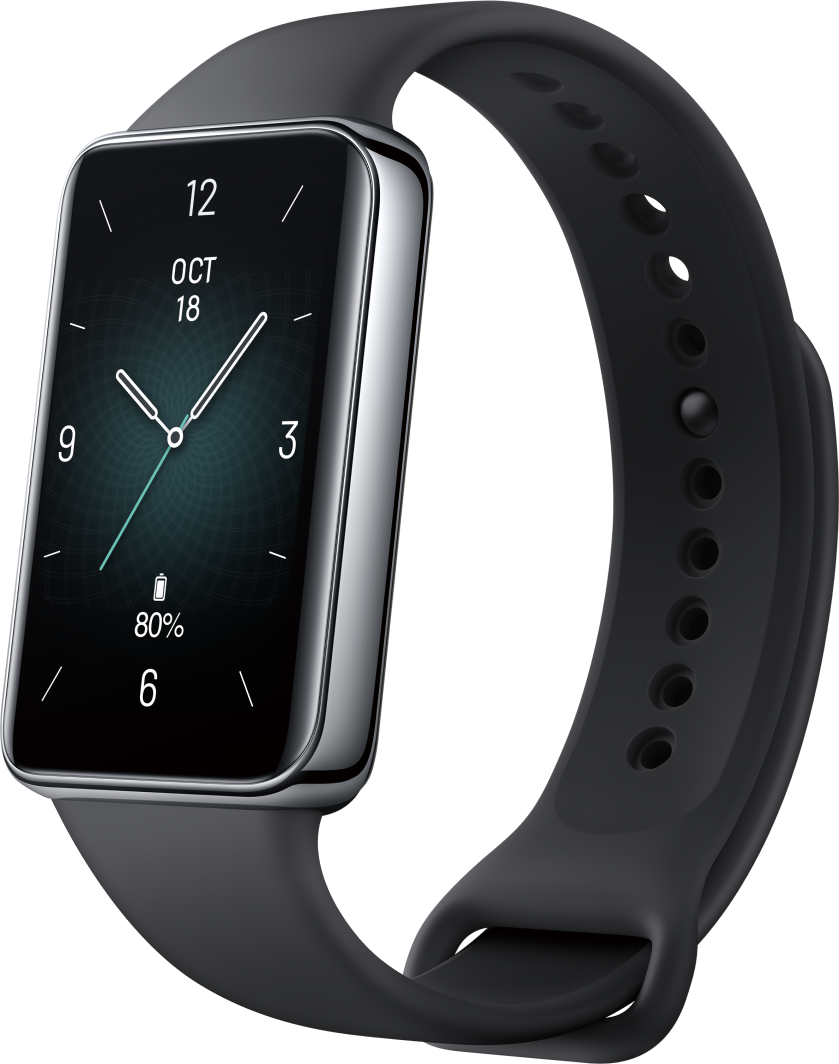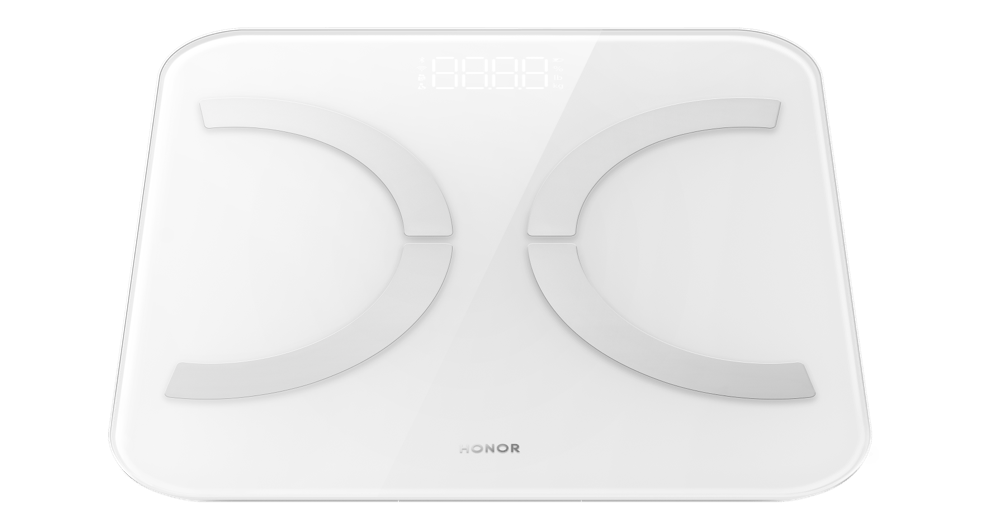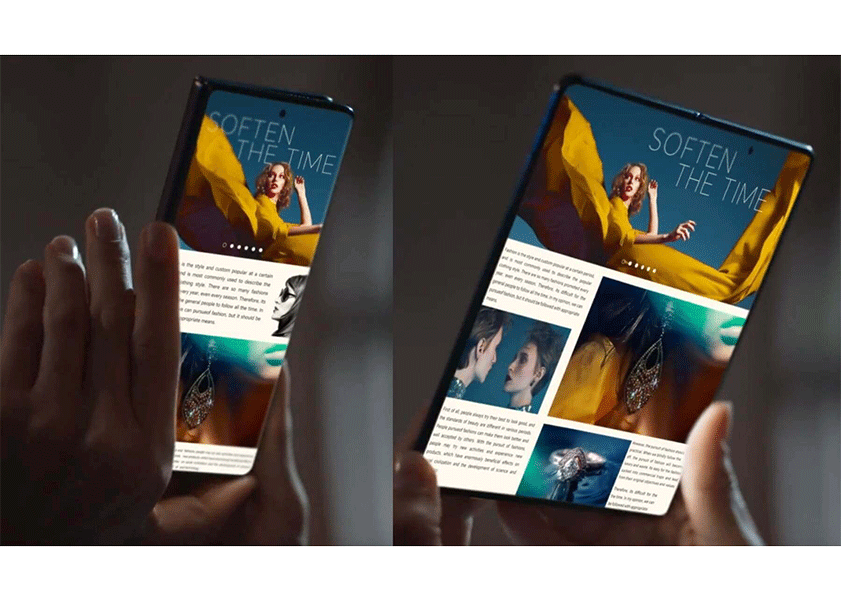TOP

我的荣耀 开启荣耀之旅
To log in to your account, you must first agree to the HONOR PLATFORM TERMS OF USE and HONOR Platform Privacy Statement. If you do not agree, you may only browse the site as a guest.
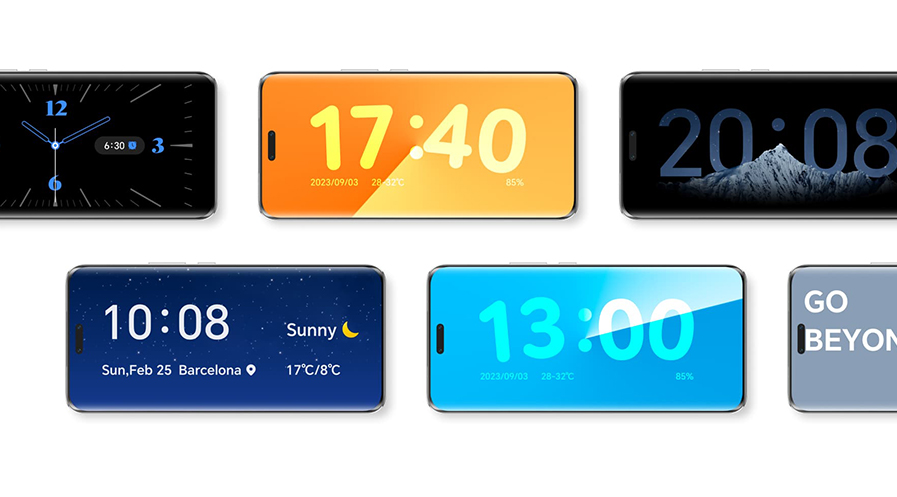
What Will Future Phones Look Like: Exploring Innovations, Networks, and Sustainability
Future phones are on the brink of major transformations. They're gearing up to seamlessly integrate enhanced functionalities, promising to revolutionize various aspects of our lives. In this article, we'll talk about these exciting new ideas like their next innovative features and how can they potentially enhance our everyday experiences. Join us as we delve into what lies ahead for smartphone and how these advancements could shape the future.
What Will the Smartphones of the Next Ten Years Look Like?
In the next ten years, smartphones are anticipated to use holographic displays that let you seamlessly interact with 3D images, all without needing special glasses. Futuristic phones could revolutionize gaming, communication, and augmented reality.
Alongside this, nano-tech batteries using materials like graphene and advanced lithium-ion compositions are on the horizon. These batteries promise much faster charging times and significantly longer life on a single charge.
What Innovative Features Will Future Smartphones Offer?
Smartphones are poised to transform our interaction with technology. Let's explore some exciting features expected to redefine how we use smartphones:
1. Advanced Environmental Sensing
Advanced sensors to revolutionize environmental awareness will be integrated into phones in the future. They'll include air quality sensors for pollutants, UV radiation sensors for sun exposure, humidity and temperature sensors for weather updates, and noise level sensors for urban sound levels.
These sensors will collect real-time data, instantly analyzed on smartphones for actionable insights. For example, users might get health tips based on their environmental exposure, like indoor activities on high pollution days or sun protection based on UV levels. Smartphones will also create real-time maps of environmental conditions across cities by aggregating user data.
2. Emotion Recognition and Mental Health Support
The future of phones will feature advanced emotion recognition and mental health support, using AI and sensors to analyze facial expressions, voice tone, and behaviors to understand emotions.
They'll offer real-time emotion tracking and personalized support, suggesting coping strategies and activities based on detected emotions. Apps will adapt to users' emotional states, like suggesting music or adjusting tasks.
These phones will monitor for early signs of issues and offer timely help. Integrated virtual assistants will provide 24/7 emotional support and guided meditation, connecting users to professional help.
3. Automotive Integration
Advanced automotive features will transform how users interact with vehicles and enhance the driving experience. They'll support Android Automotive OS for smarter vehicle integration beyond basic smartphone mirroring.
Automotive interfaces will adapt based on sensor data, customizing to meet individual user needs. Smartphones will efficiently manage power, optimize charging, monitor battery health, and suggest energy-saving routes.
Smartphones will learn to facilitate Vehicle-to-Everything (V2X) communication, enhancing safety and traffic management in smart cities by enabling vehicles to interact with infrastructure, other vehicles, and pedestrians.
4. Personalized Public Health Communication
Future cell phones will integrate personalized public health communication using advanced technologies and data-driven approaches. They'll assess individual and community health conditions with AI-driven risk assessment, offering real-time personalized recommendations. Users will control their health data through dedicated apps.
These phones will engage users with behavior-based prevention features promoting healthy habits. They'll deliver tailored public health messages based on individual risk profiles and behaviors, facilitating informed decision-making.
5. Flexible and Foldable Displays
The technology industry is increasingly embracing bendy phones with flexible, rollable, and foldable displays. Foldable phones' future will advance with organic light-emitting diodes (OLEDs) and encapsulate technologies that significantly enhance the reliability and durability of these displays.
The latest smartphones, like the HONOR Magic V2 foldable phone, already showcase impressive advancements. Reviewers have applauded the displays of the HONOR Magic V2 for their outstanding quality, with vivid colors, smooth refresh rates, and impressive brightness levels. The main foldable display has been particularly noted for its nearly invisible crease, a significant improvement over many other foldable devices. These innovations enable versatile device designs, allowing phones to fold into compact sizes or expand into tablet-like screens.
What Technologies Will Drive Future Mobile Networks?
Advanced technologies are driving future mobile networks at a fast pace by enhancing speed, reliability, and connectivity. Here are several technologies that will surely transform mobile networks:
● 5G and Beyond: Network slicing customizes network services for applications like IoT and AR/VR, while millimeter wave and massive MIMO boost network capabilities by expanding bandwidth and improving spectral efficiency with advanced antennas.
● Artificial Intelligence: AI-powered analytics enhance network security by detecting and mitigating anomalies in real-time, and improve customer experiences through personalized support and proactive issue resolution.
● Small Cell Technology: HetNets integrates small cells with macro cells to boost coverage and capacity in urban and indoor settings.
● Software-Defined Networking (SDN): Network virtualization creates dynamic virtual network slices for flexibility and scalability, while SDN's centralized control separates and manages network functions to optimize resource allocation based on real-time demands.
Are Future Phones Going to Be More Environmentally Friendly?
Phones of the future will prioritize sustainability through initiatives like using recycled materials to reduce environmental impact and extending product lifespan through enhanced repairability. Advances in battery technology and energy-efficient components will also play a key role in lowering smartphones' carbon footprint during use.
Efforts will also focus on ethical sourcing, ensuring materials are responsibly obtained to minimize environmental harm and promote fair labor practices. These sustainable practices aim to align technological advancements with global environmental and social goals, shaping the future of mobile phone production and consumption.
Conclusion
The future for mobile phones looks exciting, with innovations that make our experiences better, improved networks for seamless connectivity, and a focus on sustainability. We have seen how phones evolved from simple communication devices to essential tools that assist us personally. Predicting exactly what's next for future phones is hard, but by watching new tech trends, we can get a good idea of what's coming.
FAQs
What Are the Potential Health Implications of New Phone Technologies?
New phone technologies like 5G and advanced features may raise concerns about increased exposure to radiation, but current research hasn't proven harmful effects. However, excessive smartphone use can cause physical issues like neck strain and eye problems, disrupt sleep, and lead to psychological impacts such as addiction and reduced social interaction.
What Roles Will Phones Play in Future Smart Homes?
Smartphones are set to become central hubs for smart homes, allowing users to control and monitor connected devices remotely. They will also enhance security by using biometric data for authentication and offer personalized experiences through seamless voice control and tailored settings.
Source: HONOR Club
SUBSCRIPTION
I agree to receive the latest offers and information on HONOR products through email or IM (e.g. WhatsApp) provided below and advertisement on third-party platforms. I understand that I can unsubscribe anytime according to Chapter 5 of HONOR Platform Privacy Statement.
CONTACT

Honor Technology (Malaysia) Sdn Bhd
(Registration No.: 202101003804)
1800-88-5645
9:00 AM - 6:00 PM
Copyright © Honor Device Co., Ltd. 2020-2025. All rights reserved.
We use cookies and similar technologies to make our website work efficiently, as well as to analyze our website traffic and for advertising purposes.
By clicking on "Accept all cookies" you allow the storage of cookies on your device. For more information, take a look at our Cookie Policy.
Functional cookies are used to improve functionality and personalization, such as when playing videos or during live chats.
Analytical cookies provide information on how this site is used. This improves the user experience. The data collected is aggregated and made anonymous.
Advertising cookies provide information about user interactions with HONOR content. This helps us better understand the effectiveness of the content of our emails and our website.


























